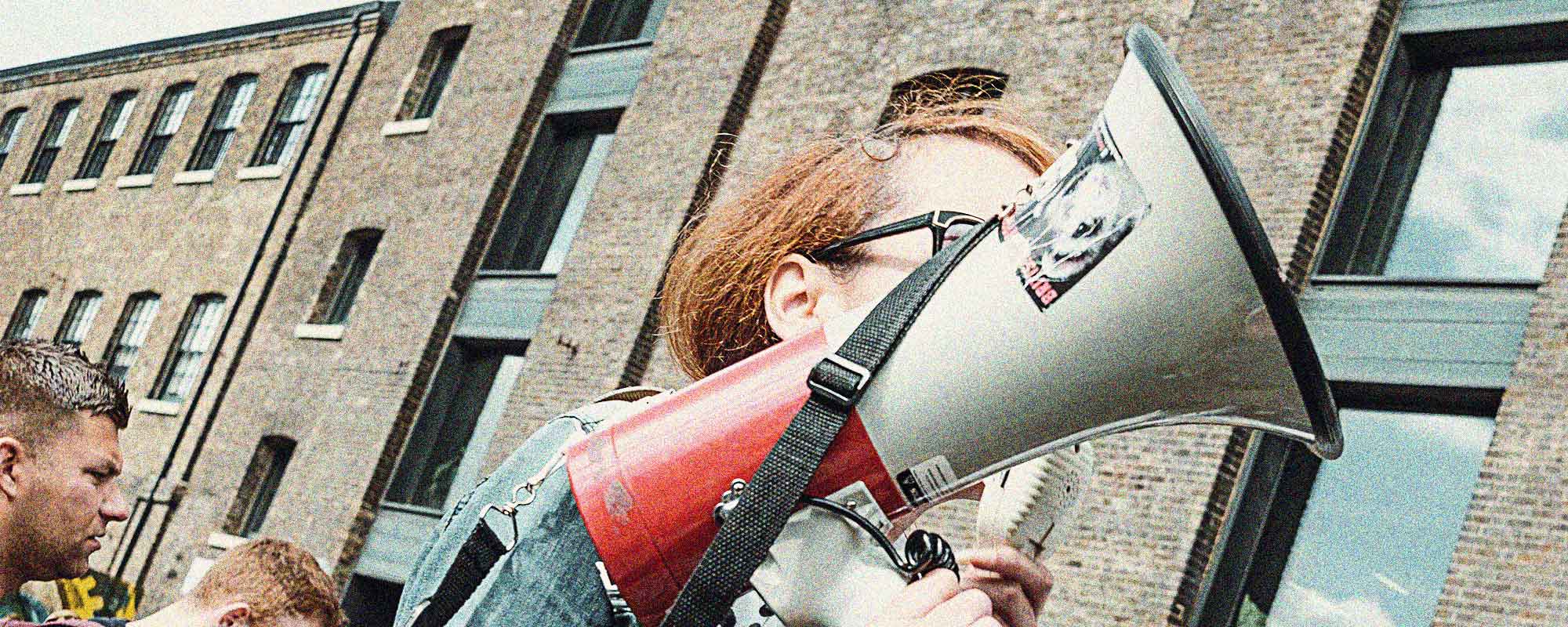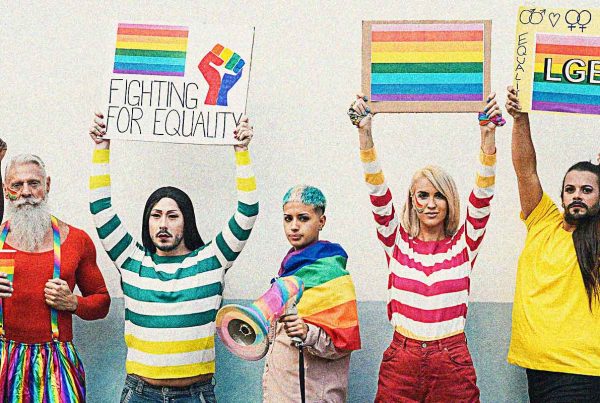The Canadian Civil Liberties Association (CCLA) recognizes that in times of crisis, it is all the more important to protect the network of rights and freedoms necessary to build a more just, free, and equal society for every person in Canada.
Freedom of expression, protest rights and academic freedom, physical security, equality, justice, and democracy are all critical and must all be protected.
Supporting expressive freedom should not imply support for – or criticism of – the underlying cause or opinion being expressed.
The Supreme Court of Canada has stated: “the very lifeblood of democracy is the free exchange of ideas and opinions.”[1] Government overreach, censorship, and suppression are dangerous to democracy and to human rights.
Freedom of expression, peaceful protest rights, and academic freedom are critically necessary in our public educational institutions, on our streets, in our legislatures, and elsewhere for pursuing truth and knowledge, raising questions and challenges, opening minds, developing critical thinking about both content and sources, making space for dissenting views, engaging in democratic policy debates, and supporting emerging leaders.
Persecuted minority and marginalized groups have throughout history needed expressive freedom to communicate their concerns, stand up for their own rights, and bring others to their cause.
Strongly worded expression should not be criminalized. Protests should not be banned.
However expressive freedoms are not absolute. Carefully crafted, minimal limits may be imposed, for example, to protect individual reputations from defamation; against vandalism; and to protect the physical safety of individuals or communities, for example against certain forms of expression such as threats of physical harm or incitement to violence.
Governments should have to prove the necessity of limits in any situation.
Freedom of expression means protection from government or legal overreach. It does not mean freedom from criticism. Counter-protests and counter-speech are themselves expressive acts that must be protected.
The current context appears to be having a particularly concerning impact on Jewish and Muslim communities. Both communities are all too familiar with the experience of discrimination and bigotry in Canada. Both are deserving of protection. A just, free, and equal society cannot include anti-Semitism, Islamophobia, or other forms of bigotry.
Freedom of expression, protest rights and academic freedom are important elements within a broad network of rights and freedoms pursued vigorously by CCLA and other human rights and civil liberties defenders. These rights and freedoms are critical in pursuit of our vision: a more just, equal, and free society that protects the human dignity and worth of every person.
[1] Committee for the Commonwealth of Canada v. Canada, [1991] 1 SCR 139
About the Canadian Civil Liberties Association
The CCLA is an independent, non-profit organization with supporters from across the country. Founded in 1964, the CCLA is a national human rights organization committed to defending the rights, dignity, safety, and freedoms of all people in Canada.
For the Media
For further comments, please contact us at media@ccla.org.





